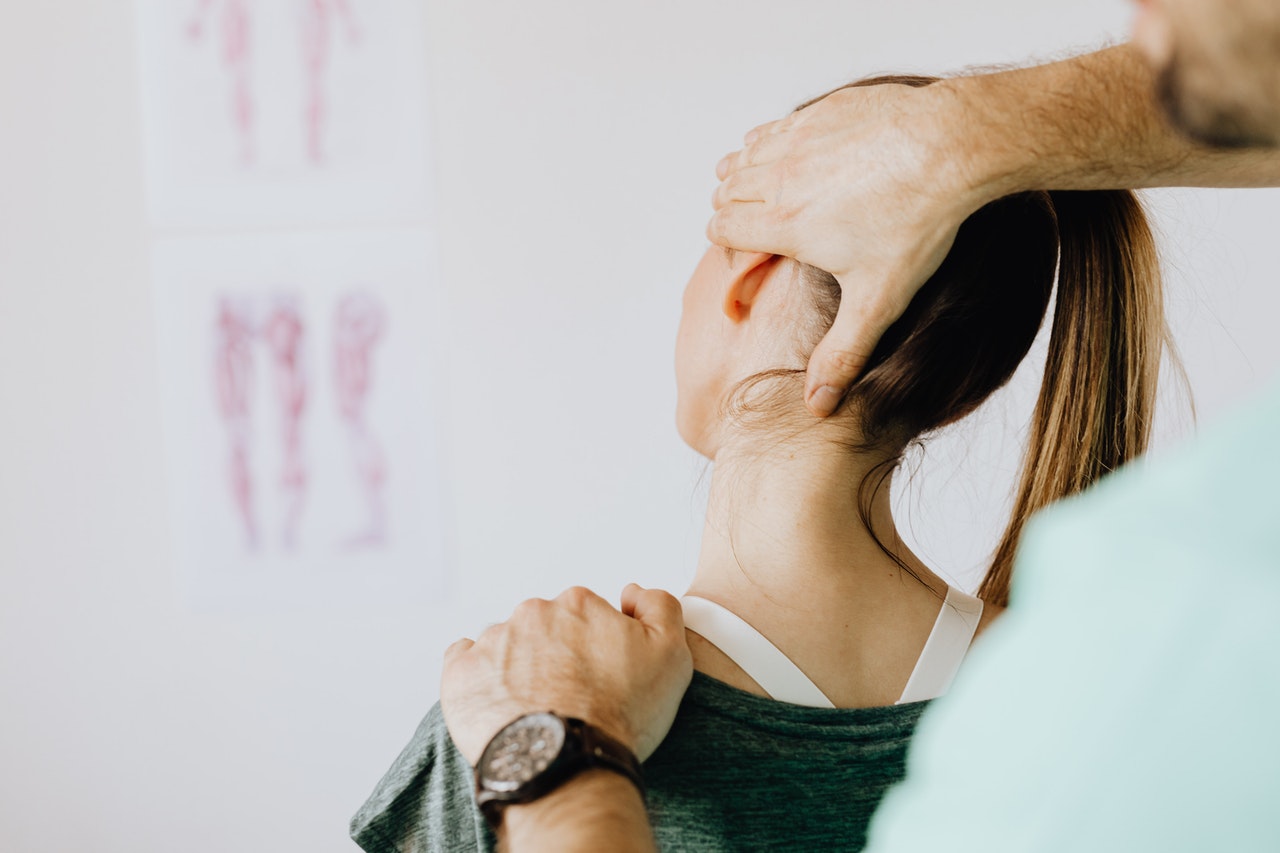
Can muscle pain be related to anxiety?
Have you noticed lately that this state of nervousness that you have in the background is accompanied by muscle aches? They can manifest themselves in the neck, head or lower back, but they appear without any doubt. Well, you should know that anxiety and muscle pain are more than related, something that English-speaking physiotherapists and English-speaking doctors in Barcelona know perfectly well. In Medvisit we are going to explain here some of the keys to this relationship.
What is anxiety?
By itself, anxiety is not a disease at all. On the contrary, it is an evolutionary mechanism that has allowed us as a species to get here. In the past, when a danger was threatening us, for example if we were being chased by a wild animal, the body began to activate a series of escape and defense mechanisms that allowed us to face it.
Well, those mechanisms are what we know today as anxiety. The problem is that today there is no predator waiting to devour us, at least in most of the environments where we live. Moreover, our lives are very safe and comfortable, but anxiety, far from disappearing, continues to accompany us.
But now it is no longer provoked by physical stimuli, but by the living conditions to which we are imposed. The payment of the rent or the mortgage, the risk of losing the job or the irrational fear that something bad is going to happen are factors that activate the anxiety circuits.
When anxiety appears several things happen in the organism:
- Increased blood pressure.
- Increased muscle congestion.
- Secretion of stress-related hormones.
- Focusing of the thought on the problem.
- Decrease of secondary tasks of the organism such as nutrition.
If we take all these features, they are ideal for running away from a predator, but not for dealing with the daily stress of work or if you are afraid of losing your job, and even less if this is a remote possibility.
What we should not lose sight of is that anxiety is a physical as well as a mental process. Moreover, we should not talk about the two separately. Mind and body work together, which is why a psychological problem such as anxiety can translate into muscular discomfort.
Why are there anxiety-related muscle pains?
The physical repercussions of anxiety are varied and very frequent. A recent study carried out in primary care centers in Spain revealed that people with diagnosed anxiety also reported muscle pain in more than 70% of cases.
As mentioned above, as soon as the anxiety mechanism is activated, there is an accompanying physiological response. This includes effects such as muscular rigidity, which is necessary to face physical danger.
However, sometimes this danger does not exist and anxiety is a sensation that is usually present in many patients for a long time. Thus, overactivation of the muscles is something that ends up being harmful, since our muscle mass is not made to function in this way.
Muscle overactivation accompanied by the secretion of stress-related hormones is something that can cause contractures and other muscle damage in a short time. This happens specifically in localized areas such as the lumbar and cervical spine. These are precisely the areas that patients with anxiety complain about the most.
As is evident, it is not complicated to see that anxiety and muscle pain go hand in hand on a large number of occasions.
Some exercises to relieve pain derived from anxiety
It goes without saying that the best thing to do in the face of anxiety problems is to alleviate them on a mental level, something for which relaxation techniques such as mindfulness work. Moreover, with this type of therapy can also get relief from muscle tension, so they can be the first step to relieve muscle aches.
But it is also necessary to work the musculature directly. A simple stretching routine of about 15 minutes can be really effective. It reactivates blood circulation in localized areas and relaxes them at the same time.
Fitness accessories such as massage balls or massage rollers can be used in conjunction with this. These can be used to exert gentle pressure on the stressed area in order to relax the muscles and can therefore be the ideal way of relieving pain.
Of course, it is essential to visit a massage service or an English-speaking physiotherapist in case of injury. These treatments, which seem to be localized to the muscular problem, can also release stress and cause important benefits on a psychological level.
In short, muscle pain and anxiety are almost inseparable companions, although the good thing is that they can be fought effectively. If you suffer from this problem regularly, contact English-speaking doctors in Barcelona so that they can help you solve it.
